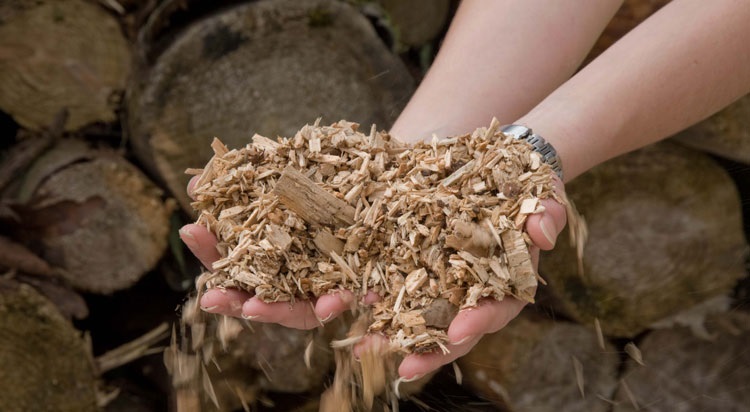
Environment Minister, Dr Aileen McLeod, has welcomed an increase in the use of woodfuel in Scotland as excellent news for small scale rural businesses – and for Scotland’s effort to cut carbon emissions.
The 2013/14 report on Woodfuel ‘Demand and Usage in Scotland’ was commissioned by Forestry Commission Scotland.
It shows that the total of woodfuel used in 2014 rose to 1.1million oven dry tonnes (odt) - an increase of 361,000 odt on the previously reported figure for 2012.
This large increase since 2012 was largely due to the introduction of six large schemes.
However, the underlying trend for smaller-scale boilers is also showing a steady increase coupled to the success of the RHI scheme.
This increase helped reduce the use of other high-carbon energy sources and so cut CO2 emissions by 1.3 million tonnes in 2014.
This is equivalent to the emissions from driving a Ford Focus (1.6) 9.6 billion km in a year.
Dr McLeod said: “Woodfuel is a fantastic resource that is delivering benefits to rural communities on several fronts.
“As well as sustaining many small-scale supplier businesses, it also makes significant fuel cost savings for those rural businesses that have installed non-domestic boilers.
“The increased use of woodfuel and the continuing shift towards greater use of renewable heat also helps to create specialist employment opportunities for maintenance engineers and improves woodland management as woodland owners aim to establish a stable, sustainable woodfuel supply.
“It makes an impressive contribution to Scotland’s effort to tackle climate change by helping to meet our renewable heat target and aiding our ongoing drive to cut CO2 emissions.
“I am also very heartened to note that further expansion is anticipated in the next few years.”
As well as helping to monitor how the success of the Renewable Heat Incentive will impact on local woodfuel supply, and give an insight into likely future levels of demand for timber, the data is also used to inform policy around the management of Scotland’s forests.
Woodfuel accounted for over 90% of the total renewable heat output in 2013 & 2014 in Scotland, with an estimated contribution to the Scottish Government’s renewable heat targets of 2,036k megawatt hours [MWh] (2013) and 2,744k MWh (2014).
The majority of wood-fuelled non-domestic boilers are located in rural areas where gas connections are not available or not affordable and biomass substitutes for more expensive fuels.
